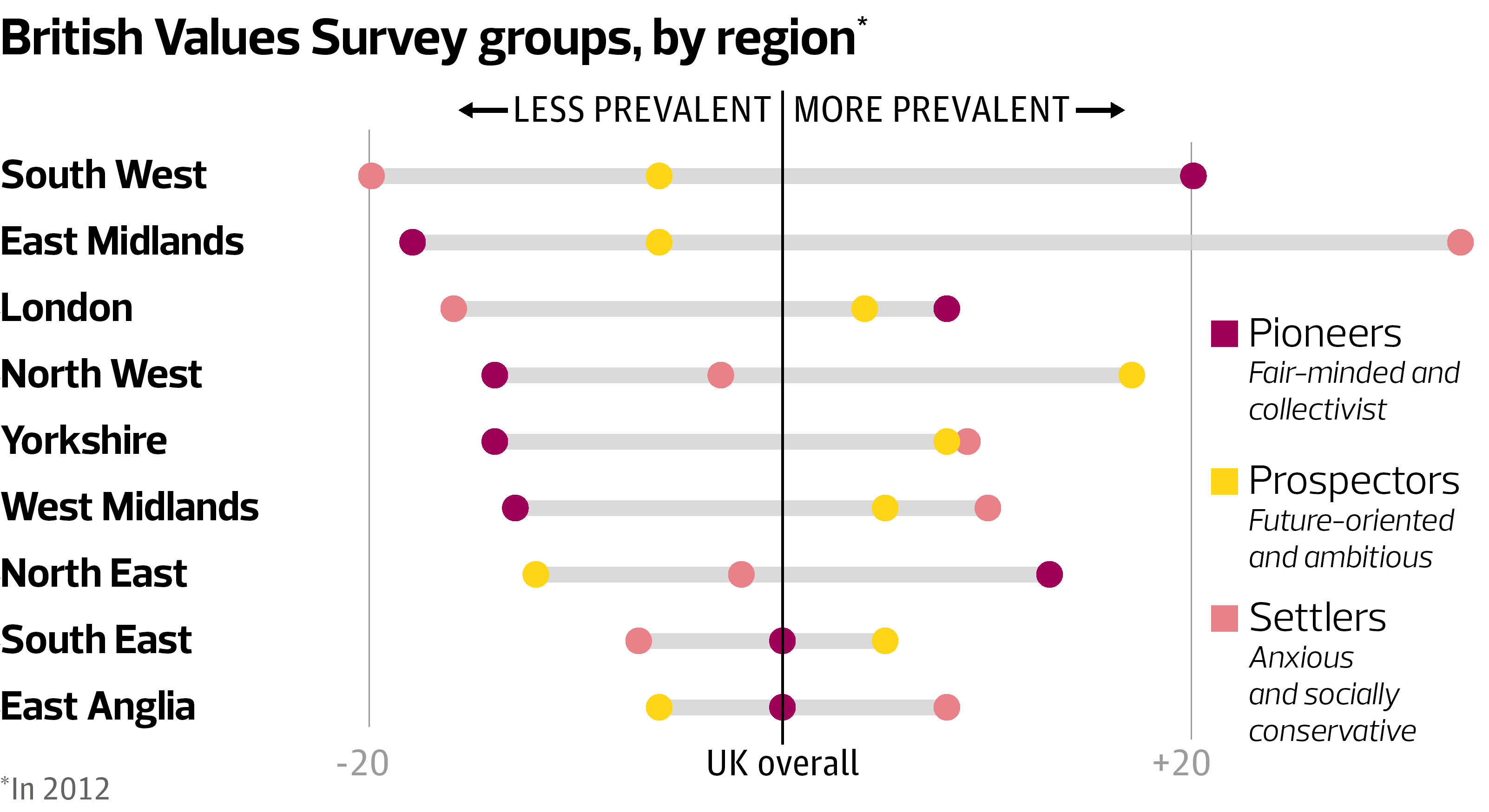Photograph by Antonio Olmos
Reform is a joke party with joke policies, joke values and a consummate joker as its leader. If it ever won national power planning to implement even part of what it is promising, there would be a collapse in business and financial confidence with devastating economic consequences. Yet, terrifyingly for British politics, it has struck such a chord with a strand of the electorate that it was the decisive winner in the May mayoral, local council and Runcorn byelections.
Labour’s challenge was always to demonstrate tangible economic and social improvement over the life of one parliament in arguably the most unforgiving economic environment for 80 years. Now the stakes are even higher. Fail and such is the impatience of at least part of the electorate that Reform’s momentum would only increase.
For example in Wales, where elections are held next May for the Senedd and where Labour has been the predominant party for a century, Labour lies an indifferent third in the opinion polls. It is Reform who is the challenger to the poll leader Plaid Cymru, but extraordinarily tying with Plaid on voting intentions for Westminster. However the conservatives lie a poor fourth in both polls; Wales’s progressive majority and conservative minority are being redivided. This cannot be dismissed as a transient, errant phenomenon.
Yet look deeper and progressive Britain is not dead. Reform may have won 677 council seats; but they were at the expense of the Conservatives, who lost 674, reports polling guru Peter Kellner. As he points out, Labour did lose 187 seats: but the Lib Dems gained 163 and the Greens 44 for a net progressive gain. Despite the gloom, the progressive constituency is holding – even making – ground.
This is crucial to how Labour formulates its response. Its strategists have run scared from owning the party’s progressive roots for too long. The party is the best change agent Britain possesses. It aims for common good outcomes in economy and society, to promote fairness and opportunity for all, to create a social floor below which no one should fall, and to make the case for public institutions. In fairness, there are strands of this thinking in the social liberal and liberal conservative traditions, but Labour cannot and should not escape what it is.
Disguise doesn’t even work electorally. That was in evidence as Labour’s poll standing fell away during its safety-first election campaign, when it offered little more than generalities while leaning into rightwing orthodoxies by pledging not to raise tax so that the vital mobilisation of resources to confront Britain’s problems would be ruled out. An uninspired electorate, whose lived experience is of stagnant wages, poor public services and squeezed living standards, saw through the dissimulation. Labour polled more than 40% at the start of the campaign but finished with a vote share of 33.7%. Now it is running in the low 20s.
Even the deep mapping of British values beloved of Labour “strategists” suggests a viable coalition for change. The values identified by the British Values Survey can be divided into three broad equal segments – labelled “pioneers”, “prospectors” and “settlers”. Pioneers are fair-minded and collectivist, looking for self-realisation; prospectors are younger, future oriented, ambitious and socially conscious; settlers are fearful, older, pessimistic and worried about their security. Reform is sweeping through the “settlers” – but prospectors and pioneers, the majority, remain deeply hostile.

Labour strategist-in-chief Morgan McSweeney prides himself on finding ways to appeal to all three segments as the way to win elections, hence his ongoing conversations with Lord Maurice Glasman, founder of Blue Labour. Glasman’s stress on loyalty to neighbourhood, protection of traditional manufacturing jobs, hostility to immigration, anti-net zero and pro-Brexit, has built a constituency among “settlers”. To beat off Reform, one potential tactic is for Labour to follow his lead by appealing to “settler” concerns.
Labour can never outdo Farage, who is building his party on fear and pessimism
Labour can never outdo Farage, who is building his party on fear and pessimism
This is wrong – both politically and economically. Labour can never outdo Farage. He is building his party on fear and pessimism; he owns the settlers. But to neglect “pioneers” and “prospectors” is to abandon the progressive coalition. This is Labour’s lifeline, whose support is vital given the measures needed to confront the gravity of Britain’s economic problems.
Newsletters
Choose the newsletters you want to receive
View more
For information about how The Observer protects your data, read our Privacy Policy
These were spelled out by last week’s Spring economic and fiscal forecasts from the National Institute of Economic and Social Research (NIESR). It forecasts economic growth this year of 1.2% rising to 1.5% next year – with the East of England, West Midlands and Wales particularly hard hit by Trump’s tariffs. Business confidence and investment remain at a low ebb. But the real drama is the impact on the government’s finances. It will miss its “stability” fiscal rule by a whopping £62.9bn in 2029/30 and its “investment” rule by £24.9bn.
Yet defence spending must rise, as next week’s defence review will surely argue. Resources must be found to revive the NHS and tackle child poverty. The June public spending review will offer few or no real increases, and welfare spending cannot be further squeezed.
There has to be an economic mobilisation in response – massive housebuilding, for example, ambitious measures to boost innovation and lift the growth rate. Even so, taxes will have to rise. Labour must cease dissimulation, be clear about the challenges and rely on a progressive coalition to stand by it – as war between Reform and the Tories neutralises opposition.
This article was amended on 11 May 2025. An earlier version stated incorrectly that Reform leads the polls in Wales. In fact, Plaid Cymru leads the poll in Wales, followed by Reform.

